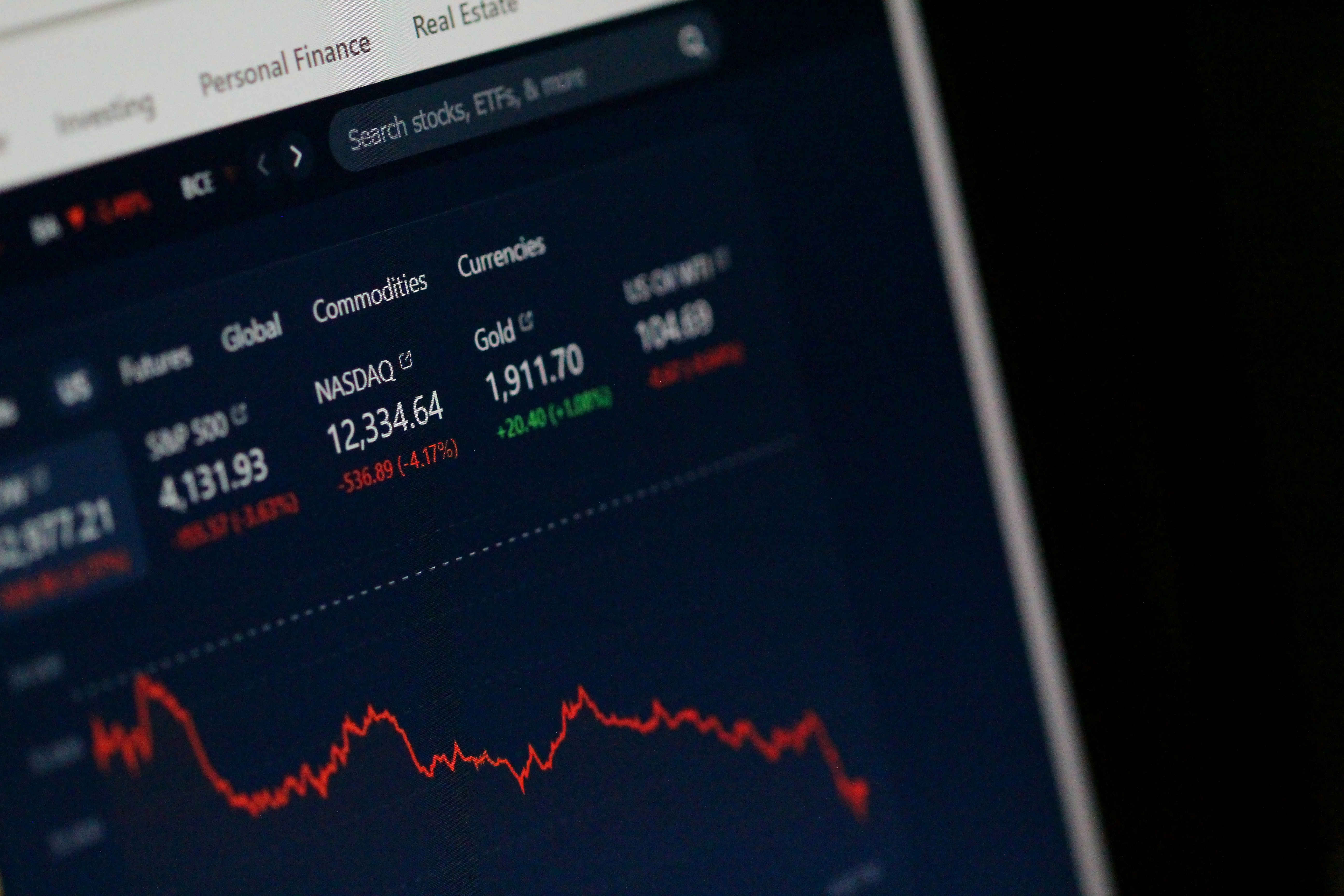In the past few years, there has been a trend for developed countries to push the decarbonization agenda internationally through the implementation of climate-related trade policy. One such policy is the Carbon Border Adjustment Mechanism (CBAM) implemented by the European Union (EU). This policy is aimed at reducing carbon leakage by enforcing an import tariff on carbon-intensive commodities, namely cement, iron and steel, aluminum, fertilizers, hydrogen, and electricity. The implementation of EU’s CBAM will likely put developing countries in a disadvantaged position since they tend to have less stringent climate policies and consequently face higher trade barriers.
Looking at the urgency to estimate the effect of such policy on the developing countries’ economy, this paper would like to address questions such as what the implication of EU’s CBAM implementation on a developing economy, such as Indonesia. The approach that is used in this analysis is a hybrid computable general equilibrium (CGE) model. This multi-regional, multi-sector, multi-household CGE model has the feature to translate shocks from international climate-related trade policies to the domestic economy. The model is constructed using the Global Trade Analysis Project (GTAP) database version 11 which then extended with Indonesia’s 2016 Input Output Table and 2008 Social Accounting Matrix (Sistem Neraca Sosial Ekonomi, SNSE).







